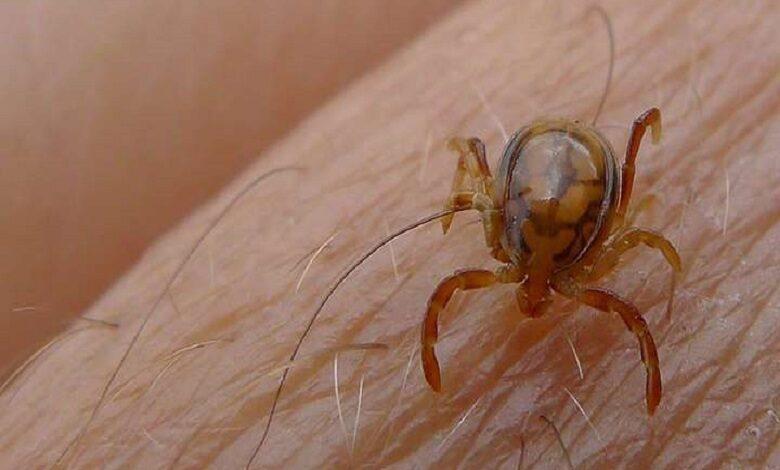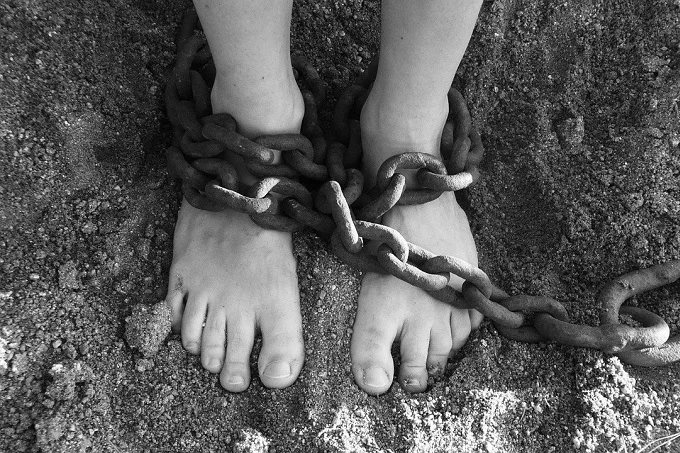First case of Crimean-Congo fever in Mauritania

Already hit by the Covid-19 pandemic, Mauritania is also facing Crimean-Congo fever. According to a medical source, a first case was discovered in Nouakchott.
The victim came from Nasra I’s locality, in the commune of N’Tékane, on the River Senegal’s bank.
The victim is said to be a farmer in his fifties, who felt a high fever that led him to go to Sesame’s health center. However, according to a family source, his state of health has worsened.
He was then transported to the town of Kany, before being taken to the hospital in Rosso, where he remained in a coma in the intensive care unit for three days without being diagnosed with the disease. He was then evacuated to Nouakchott, where tests confirmed that he is a victim of Crimean-Congo fever.
After this first case of Crimean-Congo fever, the administrative and health authorities of Rosso and the services of the Ministry of Rural Development held an extraordinary meeting and began measures to isolate people who had been in contact with the patient in his village and in the health points he had passed through. For the moment, it is unknown how many people are in isolation or whether there are any other patients.
However, a medical mission went to the locality of Nasra I, in the commune of N’Tékane, on the banks of the River Senegal, where the patient is from. It was thus able to gather a certain amount of information and meet the local population.
In view of the somewhat threatening situation, an awareness campaign is planned to raise public awareness of the prevention measures against this disease.

Pa
According to the World Health Organization (WHO), Crimean-Congo hemorrhagic fever (CCHF) is a common disease caused by a virus (Nairovirus) of the Bunyaviridae family, transmitted by ticks.
It causes outbreaks of severe viral hemorrhagic fever, with a case-fatality rate of 10-40%. Although this disease was discovered a long time ago, there is still no vaccine against it for either humans or animals. However, treatment is limited to a protocol of care for the patient’s symptoms and permanent monitoring.




